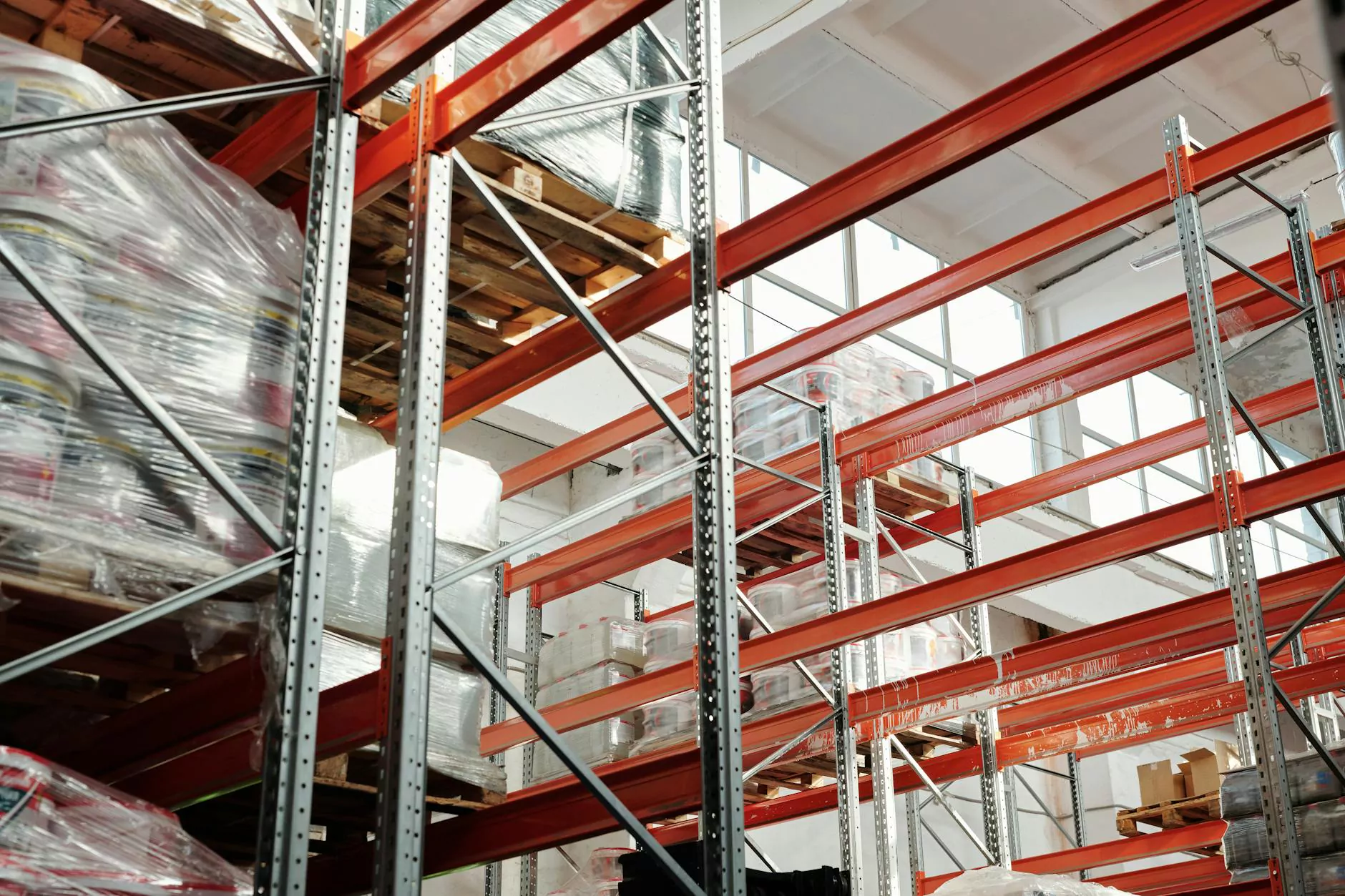Pallet Sale: Unlocking Value and Opportunity for Your Business

The concept of pallet sale is gaining traction among savvy business owners and entrepreneurs looking to capitalize on the immense potential of bulk buying. In a marketplace characterized by rapid changes and fierce competition, understanding the ins and outs of pallet sales can provide your business with a significant edge. This article will explore what a pallet sale is, the benefits it brings, how to navigate this market, and actionable tips to succeed in your endeavors.
What is a Pallet Sale?
A pallet sale refers to the sale of merchandise loaded onto a pallet. These pallets often contain an assortment of products that may come from overstock, liquidation, or wholesale distributors. The goods sold in a pallet can vary widely, ranging from electronics to home goods, clothing, and much more. Businesses and resellers buy these pallets at a fraction of their retail value, allowing them to resell the individual items for a profit.
The Benefits of Engaging in Pallet Sales
- Cost-Effective Purchasing: One of the primary advantages of pallet sales is the ability to purchase large quantities of products at a significantly reduced cost. This can enhance your profit margins when reselling.
- Diverse Inventory: When buying pallets, businesses can receive a variety of products in one purchase, allowing for a diverse inventory without needing to invest heavily in multiple products.
- Rapid Stock Movements: Pallet sales enable retailers to quickly acquire stock and keep their shelves replenished, which is essential in maintaining a competitive edge.
- Environmental Benefits: Purchasing liquidation or overstock pallets helps reduce waste. It is a sustainable business practice that contributes to less landfill usage.
- Opportunities for Specialization: Businesses can focus on a niche market by choosing specific types of pallets that cater to particular consumer needs.
Understanding the Types of Pallet Sales
It’s essential to discern the different types of pallet sales available, as understanding these can help you make informed decisions about which types to pursue for your business:
1. Liquidation Pallets
These pallets consist of unsold inventory that retailers need to offload. They may include items returned by customers, stock left over from seasonal sales, or unsold merchandise.
2. Overstock Pallets
Overstock pallets are filled with products that retailers have excessive stock of. This can result from ordering too much inventory or changes in consumer demand. These pallets can yield high-value items.
3. Customer Return Pallets
These consist of items returned by customers, which may still be in excellent condition. Resellers can find valuable merchandise in return pallets, although some items may require inspection and refurbishing.
4. Wholesale Pallets
Wholesale pallets offer products straight from manufacturers and typically come in larger quantities. Purchasing from wholesalers is a strategic move for businesses seeking to stock up on specific items.
Navigating the Pallet Sale Market
Successfully navigating the pallet sale market requires a blend of research, strategic planning, and networking. Here are some key strategies:
1. Research Suppliers
Identifying reliable suppliers is crucial. Websites like globalpalletsales.com can serve as a valuable resource for finding reputable suppliers. Always read reviews and ask for recommendations to ensure you're dealing with a trustworthy source.
2. Assess Inventory Carefully
When purchasing pallets, ensure that you assess the contents thoroughly, if possible. Knowing what’s included can make a big difference in your profit margins and overall business success.
3. Understand Your Market
Before making a purchase, analyze market trends. Identify which products are in high demand in your local area or online. This knowledge can help you choose pallets that will turn quickly and profitably.
4. Build Relationships with Wholesalers and Retailers
Networking plays a pivotal role in the pallet sale business. Establishing relationships can lead to exclusive deals, better prices, and insights into upcoming sales.
Best Practices for Reselling Pallet Goods
Once you have procured your pallet, it’s time to focus on effective reselling strategies. Here are some best practices to follow:
1. Clean and Repair Items
Ensure that any items needing minor repairs or cleaning are addressed before reselling. Presentation matters, and items in good condition will sell faster.
2. Set Competitive Prices
Research prices for similar products before setting your selling prices. Competitively priced items can attract more customers and lead to quicker sales.
3. Leverage Online Platforms
Utilize e-commerce platforms such as eBay, Amazon, and social media marketplaces to reach a wider audience. Online selling significantly expands your potential customer base.
4. Create Engaging Listings
When listing your products, make sure to write engaging descriptions, take high-quality photographs, and highlight unique selling points. This will help your listings stand out.
Common Misconceptions About Pallet Sales
Despite the clear benefits of engaging in pallet sales, several misconceptions can deter potential buyers. Here, we debunk some of the most common myths:
Myth 1: Pallet Sales are Only for Large Businesses
While larger wholesalers and retailers do benefit from pallet sales, small businesses can equally capitalize on this opportunity. Many resellers start in their garages and grow into substantial enterprises, proving that size isn’t the limiting factor.
Myth 2: All Items in a Pallet are Damaged or Defective
Though some items may have minor issues, many pallets contain perfectly good or even brand-new items. Diligent sourcing and careful inspection will yield quality products.
Myth 3: Profit Margins are Low
With the right choices and effective reselling strategies, profit margins in pallet sales can be very high. It all depends on how well you select your pallets and market your products.
Conclusion
The pallet sale market offers an incredible opportunity for businesses looking to maximize their product offerings while minimizing costs. By understanding the nuances of pallet sales, actively engaging in networking, and employing effective resale strategies, you can transform your business and seize the potential within this market. Whether you are a seasoned retailer or just starting your entrepreneurial journey, embracing the pallet sale opportunity can significantly enhance your success. Don’t miss out on the thriving market—explore pallet sales today!









